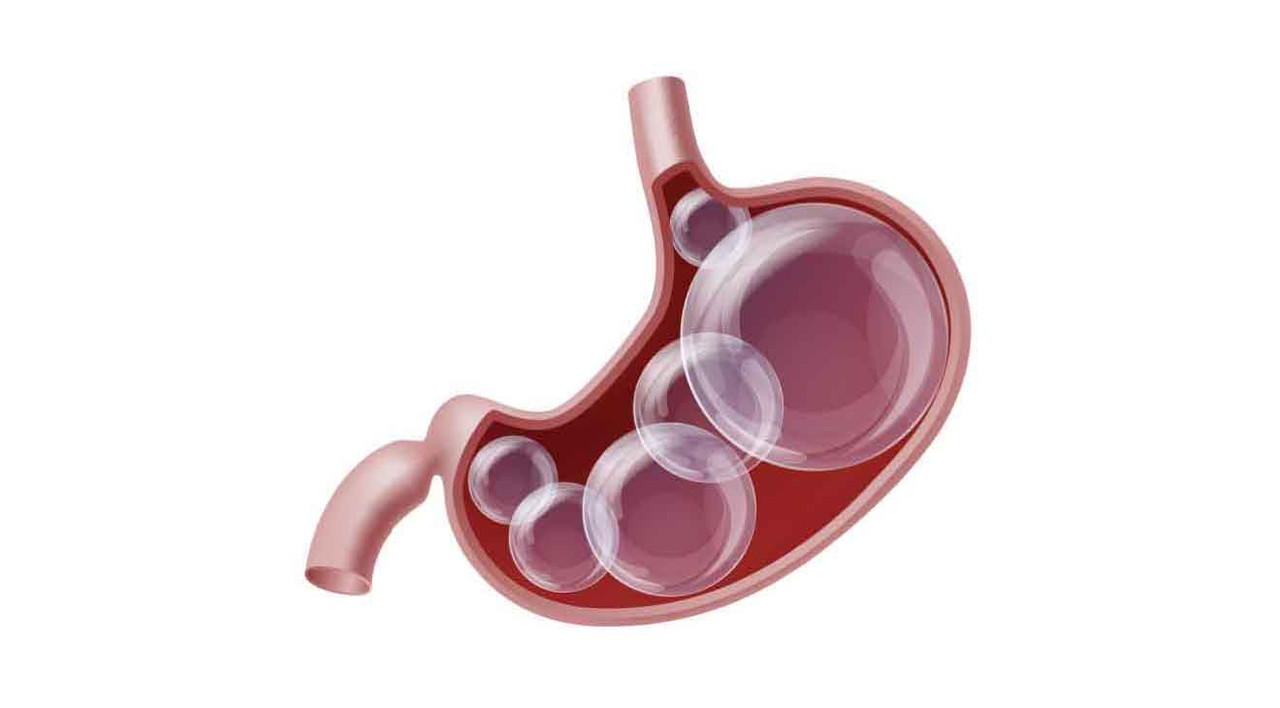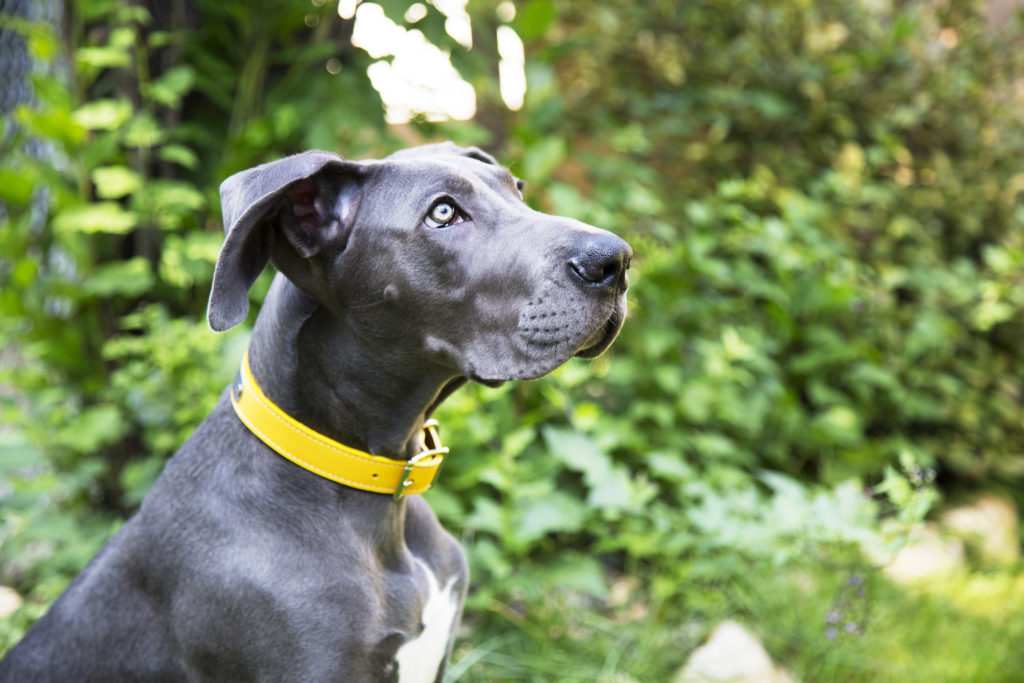What is Dog Bloat and How to Prevent it

Mealtime is probably one of your pup's favorite activities. But did you know that your dog's meal can be dangerous?
Here is a quick lesson in dog bloat that could save your pet's life.
What is Dog Bloat?
According to PetMD.com, dog bloat (or Gastric Dilatation Volvulus - GDV) is caused when your dog's stomach fills with gas, liquid, or food, causing a large amount of pressure on their diaphragm. This can make it difficult for your dog to breathe. Your dog's stomach can also twist, in which case nothing can escape the stomach to relieve the pressure. Without the help of a veterinary clinic, this can be incredibly dangerous, and in some cases fatal.
While most any dog may be at risk for contracting bloat, larger breeds, such as Great Danes or German Shepherds are much more likely to be at risk due to their physical makeup. It's also possible for genetics to be passed down through a line of dogs that increase their risk of bloat.

How to Prevent Bloat
Because GDV is such a serious issue in dogs, the best way to keep your dog safe is through prevention.
Preventing dog bloat can be done through some fairly easy steps:
- Slow down your dog when they eat or drink. A "Not So Fast" Bowl is a great choice for a dog that eats fast. Click on the video to learn more about how this bowl's design slows down your pooch.
2. Give your pet plenty of time to digest their food before encouraging any activity.
3. Especially if you have a dog breed that is at risk for bloat, consider feeding them smaller meals more times a day instead of giving them one or two big meals.
4. Avoid feeding your dog too many human table scraps. Food that your dog isn't used to can cause gas in their digestion, which can lead to bloat.
Signs of Bloat
Dogs have various signs of bloat including:
- Excessive Drooling
- Swollen Stomach
- Pacing
- Dry Heaving
- Pale Gums
Treating Dog Bloat
There is no easy solution to dog bloat. This is a very serious condition that requires immediate veterinary attention. Rush your pet to the vet or the emergency pet hospital in your area. They will then decide if there is time to decompress your pet's stomach or if surgery will be required.
Your pet's health is important to us. We hope you can use these tips to avoid GDV with your dog.
What pet health issues would you like to learn about?
Want to learn more about pet health? Check out these blogs.
Pumpkin For Dogs-The Ultimate Guide
Are Table Scraps O.K. For Your Dog To Eat
Explore Popular Articles
-
Homemade Flea, Tick & Mosquito Repellent for Dogs: A Natural Recipe for Pet Parents
Jun 13, 2025Beyond the Buzz and Itch: Protecting Your Pup from Mosquitoes, Fleas, and Ticks As pet parents, we w
-
Can My Dog Eat This? A List of Human Foods Dogs Can and Can't Eat
Jun 04, 2025As loving dog owners, we consider our furry companions members of the family. They share our homes,
-
How Long Are Dogs Pregnant - Tips for Care & Safety
May 15, 2025Congratulations! If you’re reading this, your furry friend is likely expecting a litter of pup




